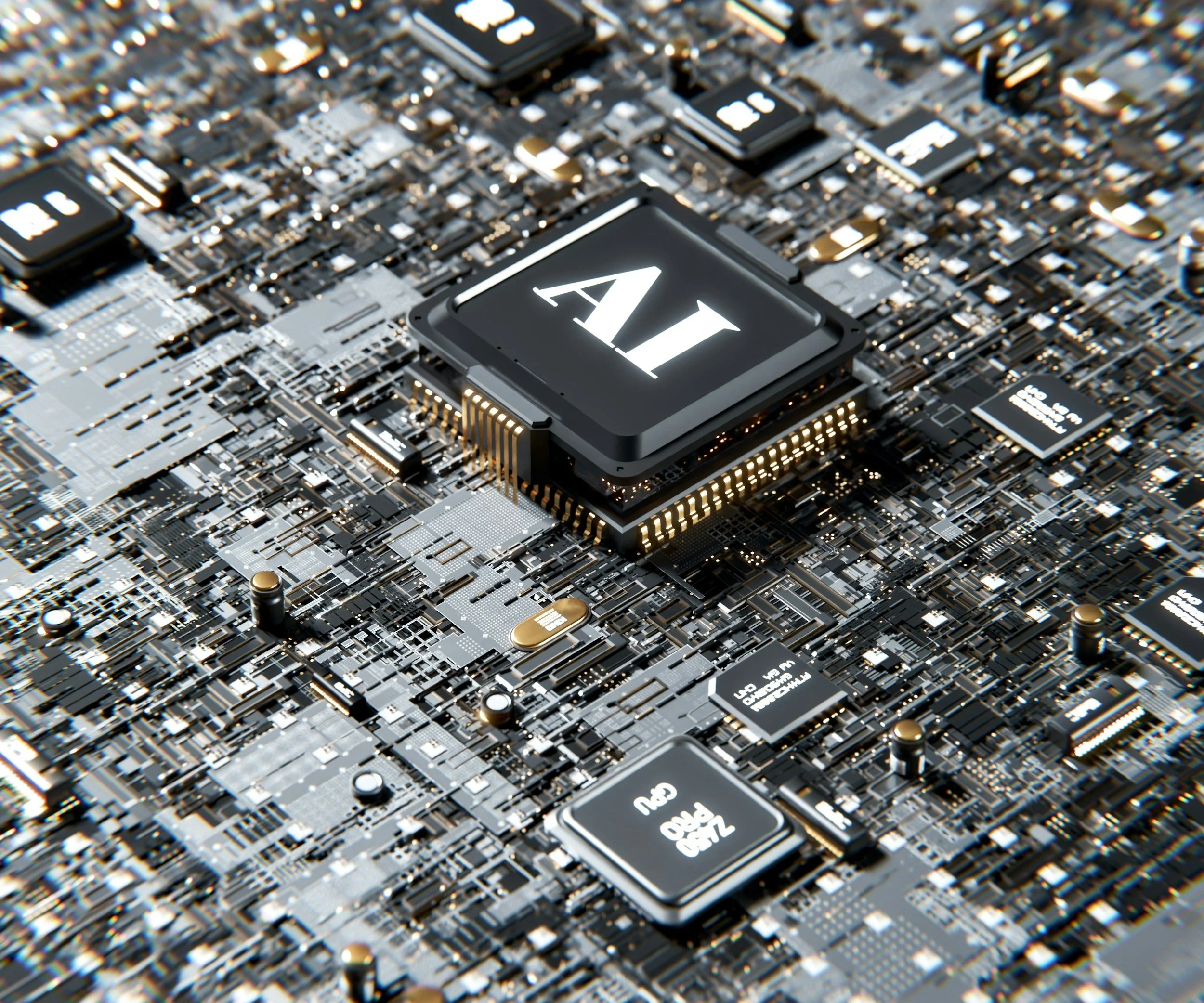Staying Ahead of the Curve: How Small Businesses Can Keep Up with AI and Automation
Artificial intelligence (AI) and automation are no longer futuristic concepts; they're rapidly transforming the business landscape. For small businesses, staying up-to-date with these technologies is no longer optional but essential for maintaining a competitive edge, improving efficiency, and driving growth.
Understanding the Impact of AI and Automation
AI refers to the development of computer systems capable of performing tasks that typically require human intelligence, such as learning, problem-solving, and decision-making. Automation involves using technology to perform tasks with minimal human intervention.
Here's how these technologies are changing the game for small businesses:
Increased Efficiency: Automating repetitive tasks can free up employees to focus on more strategic and creative work, boosting productivity.
Improved Decision-Making: AI can analyze vast amounts of data to provide valuable insights, helping businesses make more informed decisions.
Enhanced Customer Experience: AI-powered chatbots and personalized recommendations can improve customer engagement and satisfaction.
Cost Reduction: Automation can streamline operations, reduce errors, and lower labor costs, ultimately improving the bottom line.
New revenue streams: AI can help businesses identify new opportunities and develop innovative products or services.
Key Strategies for Small Businesses
Here are some practical strategies to help small businesses keep up with AI and automation:
Identify Opportunities for Implementation: Start by assessing your business operations and identifying areas where AI and automation can have the most significant impact. Look for repetitive, time-consuming tasks, areas with large amounts of data, or processes that require a high degree of accuracy.
Start Small and Scale Gradually: You don't need to overhaul your entire operations overnight. Begin with a small, manageable project and gradually scale up as you gain experience and see results. For example, you could start by implementing a chatbot for customer service or using AI-powered tools for marketing automation.
Invest in the Right Tools and Technologies: There are many AI and automation tools available, catering to various business needs and budgets. Research and select the ones that best align with your specific requirements and resources. Consider factors such as ease of use, scalability, and integration with your existing systems.
Seek Expert Guidance: AI and automation can be complex, so don't hesitate to seek expert guidance. Consider consulting with AI specialists, technology providers, or industry associations that can provide valuable insights, training, and support.
Foster a Culture of Learning and Adaptation: Encourage your employees to embrace new technologies and provide them with the necessary training and resources to develop their skills. A culture of continuous learning and adaptation will help your business stay ahead of the curve.
Prioritize Data Quality: AI algorithms rely on data to learn and make predictions. Ensure that your data is accurate, complete, and well-organized. Implement data management best practices and invest in tools to improve data quality.
Stay Informed and Adapt: The field of AI and automation is constantly evolving, so it's crucial to stay informed about the latest trends and developments. Follow industry publications, attend conferences and webinars, and network with other businesses to learn about new applications and best practices.
Examples of AI and Automation in Small Businesses
Here are a few examples of how small businesses are already using AI and automation:
E-commerce: AI-powered recommendation engines suggest products to customers, chatbots provide instant customer support, and automation tools manage inventory and shipping.
Marketing: AI algorithms analyze customer data to personalize marketing campaigns, automate email marketing, and optimize social media advertising.
Customer Service: Chatbots and virtual assistants handle customer inquiries, resolve issues, and provide 24/7 support.
Finance: AI is used for fraud detection, risk assessment, and automating accounting tasks.
Healthcare: AI helps with appointment scheduling, medical diagnosis, and personalized treatment recommendations.
Manufacturing: Automation technologies like robots and 3D printing are used to streamline production processes, improve quality control, and reduce waste.
By embracing AI and automation, small businesses can unlock new levels of efficiency, productivity, and growth. While the journey may require some investment and effort, the long-term benefits are undeniable.


